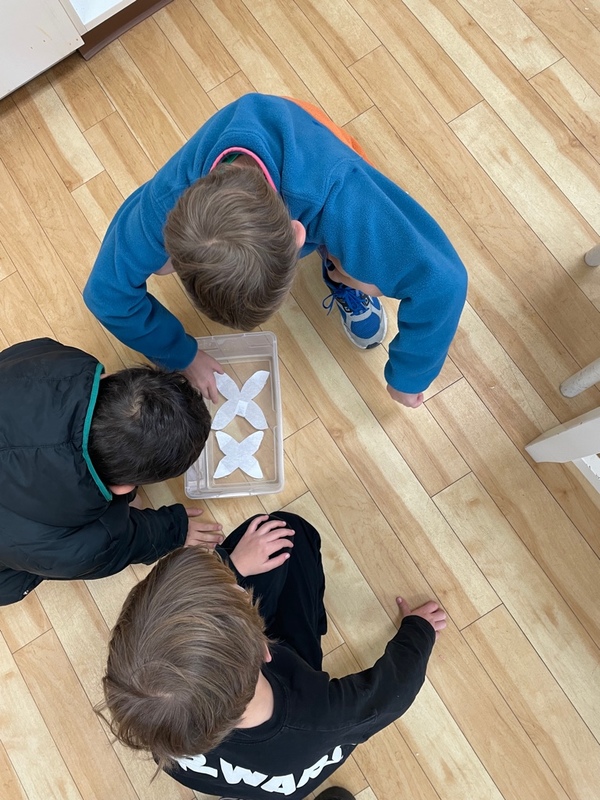(858) 759-0631
Have you ever struggled with how to reply to your child’s curious questions when you don’t know the answer? There is great value of not knowing the answer to a question as it can:
- Motivate us to learn. When we don't know something, it can spark our curiosity and drive us to seek out knowledge. This can lead to new discoveries and breakthroughs.
- Foster creativity. When we don't have all the answers, we are forced to think outside the box and problem-solve. This can lead to innovative and creative ideas.
- Encourage collaboration. Not knowing everything means that we need to rely on the knowledge and expertise of others. This can lead to collaboration and teamwork.
- Make life more interesting. Not knowing everything makes life more unpredictable and exciting. It also gives us a sense of wonder and awe.
- Promote humility. Not knowing everything helps us to stay humble and open-minded. It also helps us to appreciate the expertise of others.
There’s a great Montessori article called “The Value of Not Knowing” on the MariaMontessori.com website that explains why not providing an immediate answer creates a great opportunity for the child to problem-solve. An Elementary Montessori School teacher named Margaret overhears a conversation between two children conducting a science experiment. The students are Steven and Paula and the story goes like this:
Steven lifted a half-full test tube. “Hey, the solution isn’t turning blue as it should!”
Paula scratched her head. “What do you think we did wrong?”
Steven sighed and said, “I don’t know; let’s ask Ms. Margaret.”
With a dismissive hand gesture, Paula replied, “Nah, don’t ask her. She doesn’t know anything! I saw a chemistry book in the library; let’s look there.”
This was a moment of triumph for Margaret, indicating that she was doing her job right. She knows the answers to many of her students’ questions: why leaves turn red, ice melts, and fish have gills. She even knows why the children’s science experiment flopped. However, her standard response whenever a student asks a “why” question is: “I don’t know, but wouldn’t it be interesting to find out?”
The Montessori guide knows she’s not serving her students’ best interests by providing the answers they seek. In the real world, we rarely have someone by our side answering all our questions. And even if we did, it wouldn’t do us much good in the long run; research shows that the most effective learning occurs through active participation, not passive absorption.
Think about what happens when driving in an unfamiliar area of town. If the GPS tells you what to do, you’ll probably arrive at your destination with little hassle, but you won’t remember how you got there! If you use a map and other hands-on navigation tools instead, you might feel a little lost at first, but you’ll eventually find your way. More importantly, you’ll feel confident navigating the neighborhood the next time you visit.
The hands-on navigation tools that Montessori elementary teachers offer include Montessori materials, books, stories, diagrams, experiments, Going Out trips, and access to experts in all fields of study. The teacher provides an initial lesson using materials and storytelling. But the lesson is only a jumping-off point designed to generate more questions than answers.
Once the lesson ends, the “why’s” begin, and this is where the teacher happily replies: “I don’t know, but wouldn’t it be interesting to find out?”
At Lifetime Montessori School, the value of not knowing the answer, while giving students freedom, builds a motivation to do it themselves. This freedom of choice bestows upon your child a positive social and emotional growth to problem-solve and learn by doing rather than reciting by rote learning.

